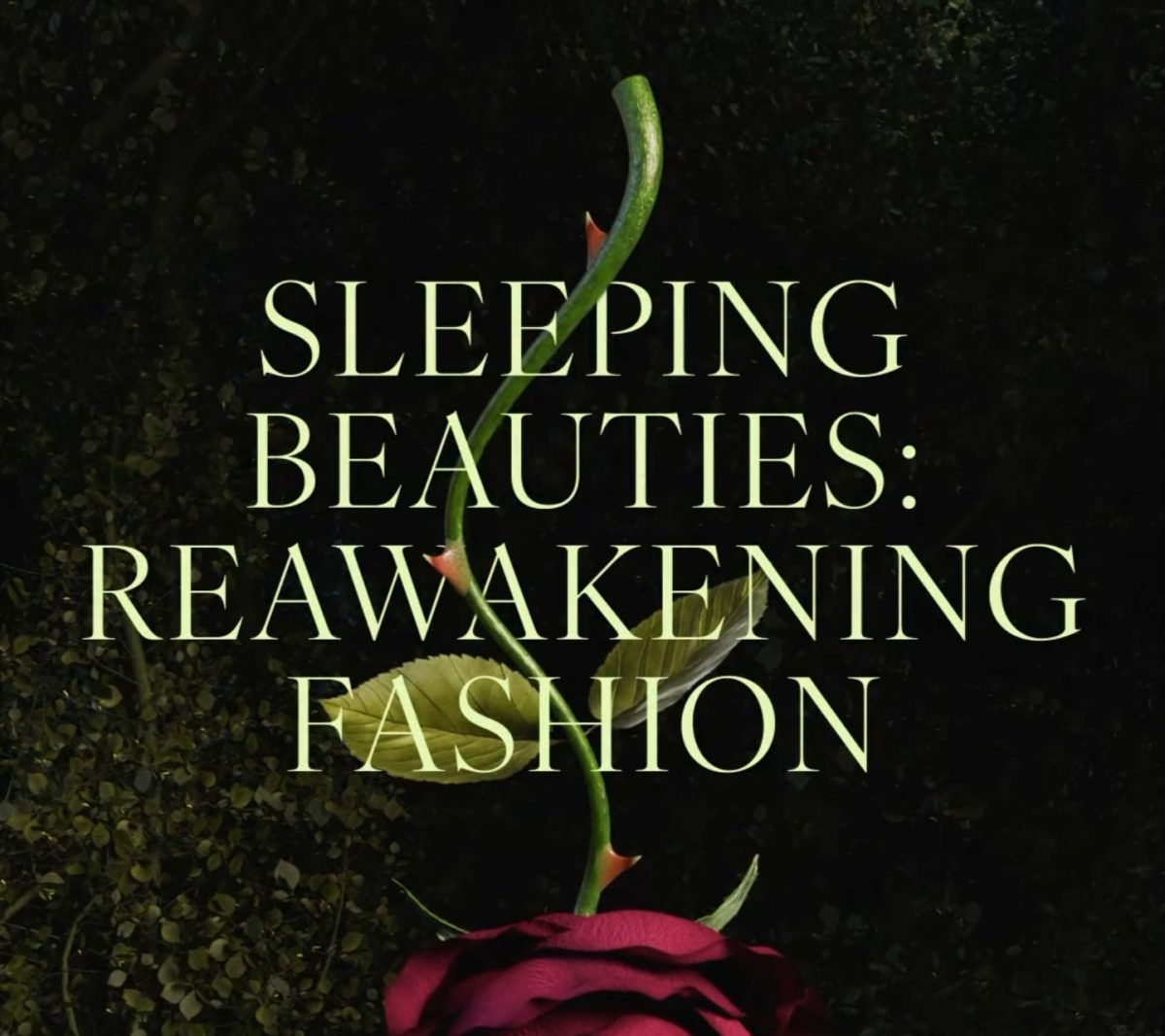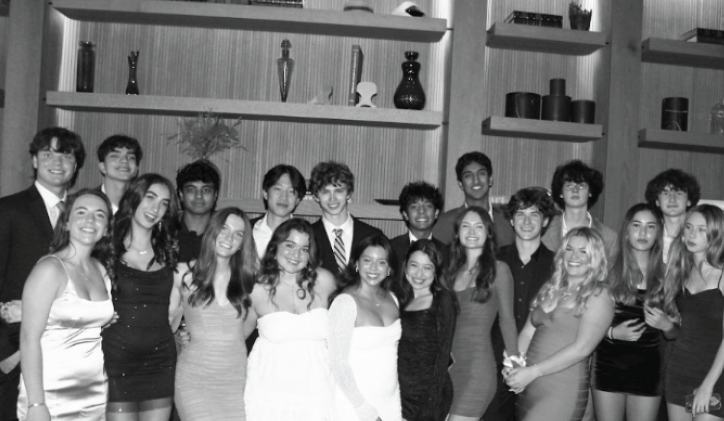Maybe it started in 3rd grade. I challenged my friend to a one-on-one match at a class festival, racing to see who could stack the highest tower of Oreos with chopsticks. During the match, my muscles tensed from head to toe and I felt the thud of my heart in my chest. To nine-year-old me, these were the highest stakes I’d faced in weeks. But when my teacher hit the stop button on the timer and I emerged victorious, all of the anxiety vanished, swallowed by pure happiness and pride.
Since then, I’ve been unable to escape competition wherever I go. In middle school, I quickly chose the new transfer student to be my academic rival, comparing scores after every test. As a member of the local club swim team, I competed during practice as much as actual meets, turning Thursday nights into races with my friends at the front crawl and butterfly. Whether due to nature or nurture, I’ve found I’m primed to seek competition in countless areas of life.
We commonly hear about the harm and destructiveness of competition, especially for young, growing individuals. There is the unnecessary pressure that a competitive environment heaps on impressionable kids, or even the transformation of caring relationships into brutal rivalries.
Like any other, I’ve suffered from my fair share of the drawbacks of competition. As a swimmer through-out my childhood, I often spent full weeks dreading upcoming meets, and during the event itself, I trembled in front of the starting block in fear that I would drag behind my competitors and humiliate myself. Just last year, I bombed a test in AP Biology, and my embarrassment and disappointment in myself pushed me nearly to tears. Of course, I can recall the obvious—the grueling journey of college applications, the stress still fresh in my mind. These are common perceptions of competition and its effects on young people, and from experience, I can say they hold a lot of truth. However, I feel that the incredibly tangible benefits of competition are discussed far less commonly in our current environment, and can often go dismissed in favor of the seemingly more visible cons.
To put it simply, I credit competition for shaping me into the person I am today. It has determined my ambitiousness as much as my eagerness to grow. Rather than destroy my hope and confidence, losing—as I have so many times—has pushed me to improve. Competing against more skilled and more experienced people in a range of areas has inspired me to hone my own abilities—leading me to swim harder, study smarter, write better, and dedicate myself ever more deeply to my passions. Although, like anyone, I rejoice in an environment where I can excel naturally, I find energy in challenges and new situations. I find value in
exploring difficult, unfamiliar topics and surrounding myself with people with traits I admire, who will push me past my limits in both mind and character.
As a writer, I’ve refined my abilities to reach heights I could never have imagined just two years ago, all by entering countless competitions, submitting my work to dozens of literary magazines, and receiving plenty of losses and rejections. I love the idea of aiming to be the best, because knowing such a thing isn’t possible is what keeps me becoming better and better—whether creatively, academically, socially, or emotionally.
The idea of excellence, and pursuing it, drives me every day. I believe it keeps me applying myself ever diligently to make something special of myself, to do my part in making the world a better place. So, despite the difficulties of every competition in my life, I don’t regret participating in them. Instead, I think competition is something we should never stop treasuring. I hope that you, the reader, can fight to be the best in all that you do, even if you start as small as stacking Oreos into a tower taller than all the rest.






































